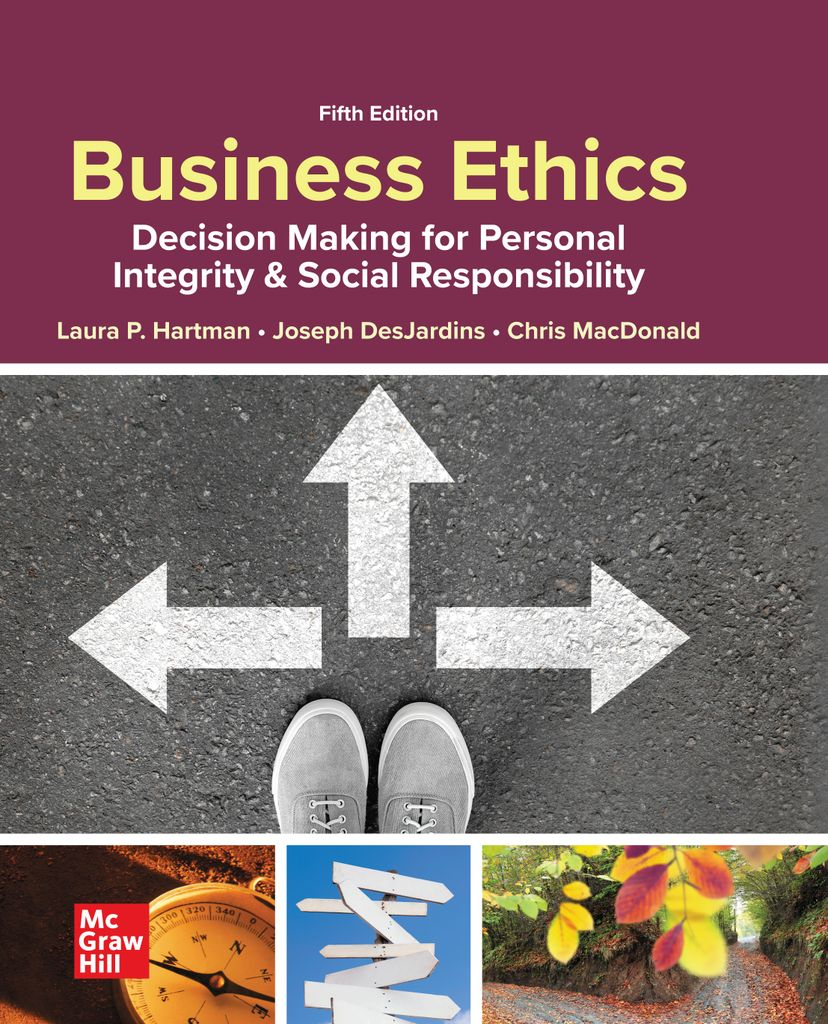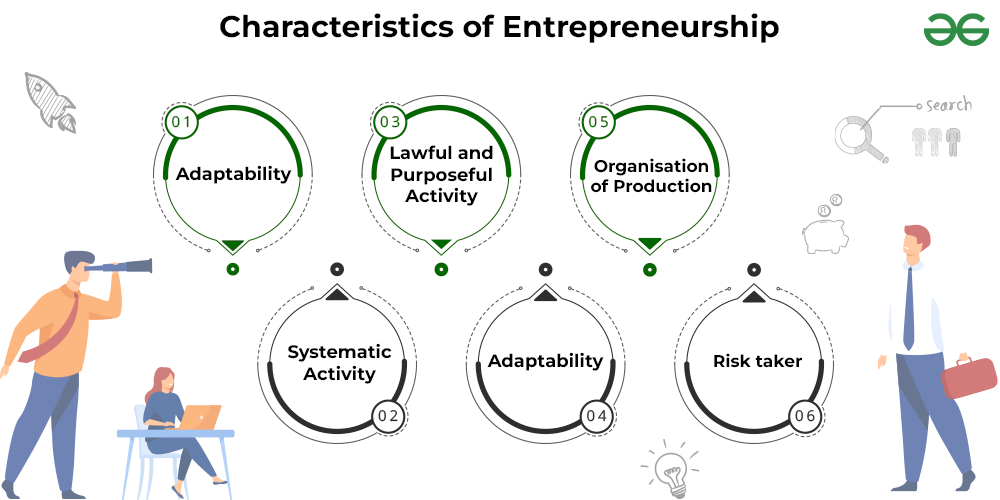Business ethics decision-making is an integral aspect of effective leadership in today’s complex corporate landscape. As executives face increasing pressures to navigate challenging legal and moral dilemmas, understanding the principles of ethical decision-making has never been more crucial. An ethical approach not only enhances reputation but also fosters long-term sustainability for businesses. Employing business ethics strategies requires a commitment to reflective decision-making, enabling leaders to scrutinize their choices critically. In this era of rapid change, recognizing cognitive biases in decision-making can further empower leaders to make sound choices that balance stakeholder interests and corporate responsibilities.
When we discuss the art of making principled choices in business, alternative terms such as ethical leadership and accountable decision-making come into play. Navigating complex decisions involves balancing various interests while being acutely aware of the broader implications of our choices. Today’s leaders must rely heavily on business integrity to guide their actions and instill trust among their stakeholders. In this context, incorporating reflective practices allows individuals to think critically about their responsibilities and the potential consequences of their decisions. Ultimately, embracing these frameworks helps organizations thrive while maintaining alignment with ethical standards.
Understanding Business Ethics Decision-Making
Business ethics decision-making has evolved significantly, especially as the landscape of business becomes more complex and interwoven with global issues. Executives today are not merely faced with straightforward ethical dilemmas; instead, they must navigate a web of stakeholder interests and societal expectations. This shift from isolated business units to interconnected entities requires leaders to grasp the nuances of each situation. Such a context demands not just an understanding of ethical principles but also a keen awareness of the implications their decisions have on various stakeholders.
Moreover, the process of ethical decision-making today incorporates various business ethics strategies that emphasize collaboration and consultation. By engaging with different perspectives and expertise within their organizations, leaders can generate more comprehensive and well-rounded solutions to ethical challenges. As Joseph Badaracco suggests, reflection plays a critical role in this process. Executives who take the time to consider the broader context and implications of their decisions will likely arrive at more sound judgments.
Frequently Asked Questions
What are the key factors in ethical decision-making for businesses?
Ethical decision-making in businesses involves considering the interests of stakeholders, legal obligations, and moral principles. Key factors include understanding the repercussions of decisions, recognizing cognitive biases that may cloud judgment, and utilizing reflective decision-making to ensure all aspects of a situation are critically evaluated.
How do cognitive biases affect business ethics decision-making?
Cognitive biases can significantly impact business ethics decision-making by leading individuals to favor self-serving conclusions or overlook critical information. Awareness of biases such as confirmation bias and overconfidence is essential for ethical decision-making, as it encourages more objective evaluations of complex situations.
What strategies can improve ethical decision-making in complex business situations?
To improve ethical decision-making in complex business situations, leaders should implement business ethics strategies such as fostering open dialogue among team members, seeking diverse perspectives, and engaging in reflective decision-making practices to thoroughly analyze the implications of their choices.
Why is reflective decision-making important in business ethics?
Reflective decision-making is essential in business ethics as it allows individuals to pause, consider the broader context of their choices, and evaluate their responsibilities. This practice helps clarify values and principles, leading to more informed and ethical decisions in challenging scenarios.
What role does understanding cultural differences play in ethical decision-making?
Understanding cultural differences is crucial in ethical decision-making, especially in an increasingly globalized market. An awareness of varying ethical standards and expectations helps businesses navigate complex decisions and maintain integrity while respecting diverse perspectives and practices.
How can businesses navigate gray areas in ethical decision-making?
To navigate gray areas in ethical decision-making, businesses should focus on gathering all relevant information, engaging stakeholders in dialogue, and reflecting on the potential consequences of decisions. Utilizing ethical frameworks can guide leaders in making choices that align with their values while considering legal and social implications.
What are common ethical challenges faced in business decision-making?
Common ethical challenges in business decision-making include conflicts of interest, pressure to meet performance targets that may compromise ethical standards, and dilemmas involving accountability toward multiple stakeholders. Addressing these challenges requires a commitment to ethical principles and robust decision-making processes.
How do organizations reinforce ethical decision-making practices?
Organizations can reinforce ethical decision-making practices by establishing clear codes of conduct, providing ongoing ethics training, encouraging open discussions about ethical challenges, and fostering a culture that rewards integrity and transparency.
What techniques can leaders use to mitigate cognitive biases in decision-making?
Leaders can mitigate cognitive biases in decision-making by employing techniques such as seeking feedback from diverse team members, using structured decision-making processes, and conducting pre-mortem analyses to consider potential failures and biases before finalizing decisions.
How can ethical decision-making impact a company’s reputation?
Ethical decision-making can significantly enhance a company’s reputation by building trust with stakeholders and demonstrating a commitment to corporate social responsibility. Conversely, unethical choices can lead to reputational damage, legal repercussions, and financial losses.
| Key Point | Description |
|---|---|
| Current Ethical Landscape | Business ethics have evolved from applied moral philosophy to a practical approach based on situations and circumstances. |
| Complex Accountability | Executives now face multifaceted ethical responsibilities toward various stakeholders due to intricate relationships. |
| Gray Areas in Decision-Making | Many decisions involve gray areas with overlaps between rights and wrongs, necessitating personal judgment. |
| Cognitive Biases | Decision-makers must navigate their own biases and ensure responsible decisions through collaborative efforts. |
| Reflective Practices | Engaging in reflection helps leaders clarify thoughts, responsibilities, and options before making decisions. |
Summary
Business ethics decision-making has become increasingly complex as the ethical landscape shifts. The integration of various stakeholders, legal responsibilities, and the rise of gray areas forces executives to scrutinize their decisions more rigorously. Reflection plays a crucial role in this process, allowing leaders to navigate challenges and enhance their decision-making strategies. By understanding these dynamics, businesses can foster a culture of ethical responsibility while making informed decisions.


